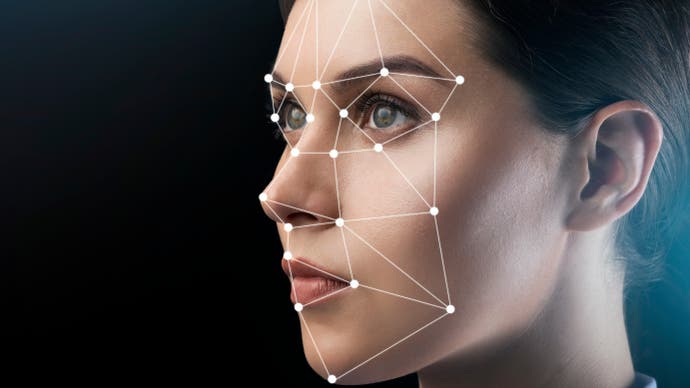ESRB proposes facial age estimation technology for parental consent
UPDATE: ESRB says no data from software is stored.
UPDATE 26/07 11:40am: In a statement shared with Eurogamer, the ESRB has clarified its proposed "Privacy-Protective Facial Age Estimation" technology is to be used to verify the age of people giving consent for a child.
"First and foremost, this application is not to authorise the use of this technology with children. Full stop. Nor does this software take and store 'selfies' of users or attempt to confirm the identity of users," reads a statement to Eurogamer.
"Furthermore, this application makes no mention of using age estimation to prevent children from purchasing and/or downloading restrictively rated video games, nor do we intend to recommend its use in that way."
It has further clarified that photos are not taken or stored, and that the software does not use facial recognition or attempt to identify anyone. "Any images and data used for this process are never stored, used for AI training, used for marketing, or shared with anyone," the ESRB stated. "This is why we consider it to be a highly protective solution for [verifiable parental consent]."
The original story continues below.
ORIGINAL STORY 25/07 2.37pm: The Entertainment Software Rating Board has proposed a new verification mechanism which it says will ensure parental consent is properly obtained under the Children's Online Privacy Protection Act Rule (COPPA).
The board, which regulates age ratings for games in the US and Canada, has developed the mechanism with Yoti, a digital ID platform, and SuperAwesome, a company specialising in online child safety tools. SuperAwesome was acquired by Epic Games in 2020.
According to COPPA, services in the US must gain parental consent to collect personal information from children under the age of 13. The ERSB's proposal, titled "Privacy-Protective Facial Age Estimation", would use facial age assurance software to verify the age of the parent. If their estimated age is lower than the threshold (given as 25 in the proposal), they would not be allowed to provide consent for the child.
The proposal was published by the US Federal Trade Commission, which enforces consumer protection laws, on 19th July. The FTC is now seeking public comments on various aspects of the proposed method, such as whether the public believes it could pose a risk to consumers' personal information or provide biased results for different demographics.
Yoti and SuperAwesome have been working together "to explore the viability of facial age estimation for verifiable parental consent" since 2019, the companies stated in the draft application uploaded by the FTC, with the ESRB getting involved with the project in "early" 2023.
Although this proposal is currently going through US government channels for approval, if approved it would mean that "Privacy-Protective Facial Age Estimation" could be used to provide parental consent for any child under the age of 13 regardless of where they live, so long as the service it's being used by is based in the US.

